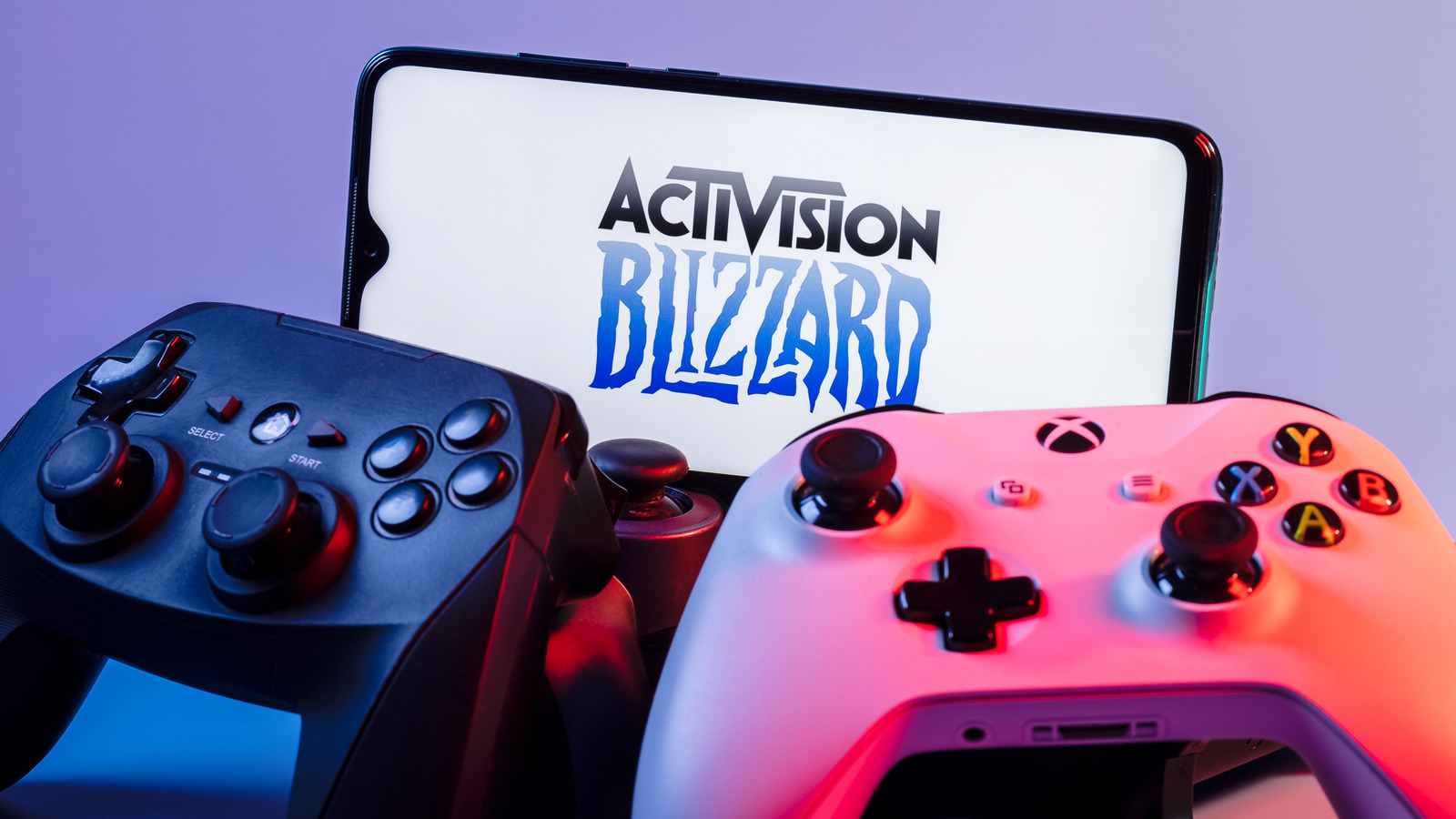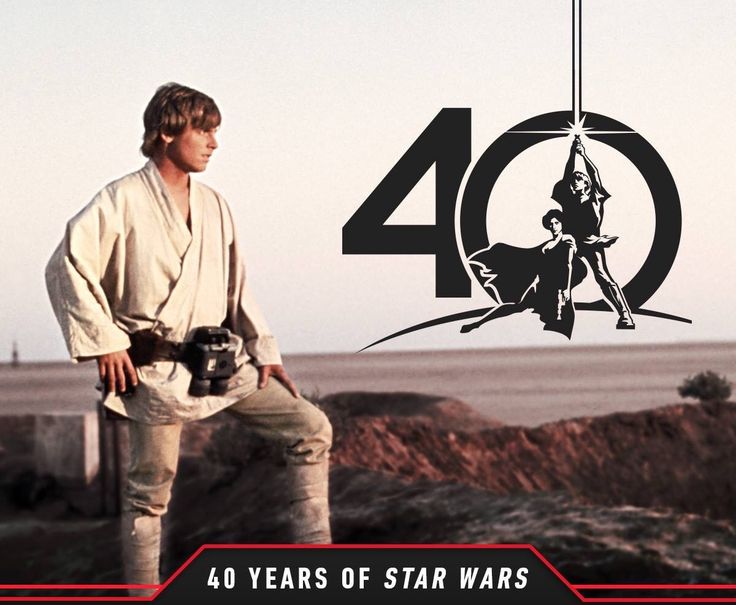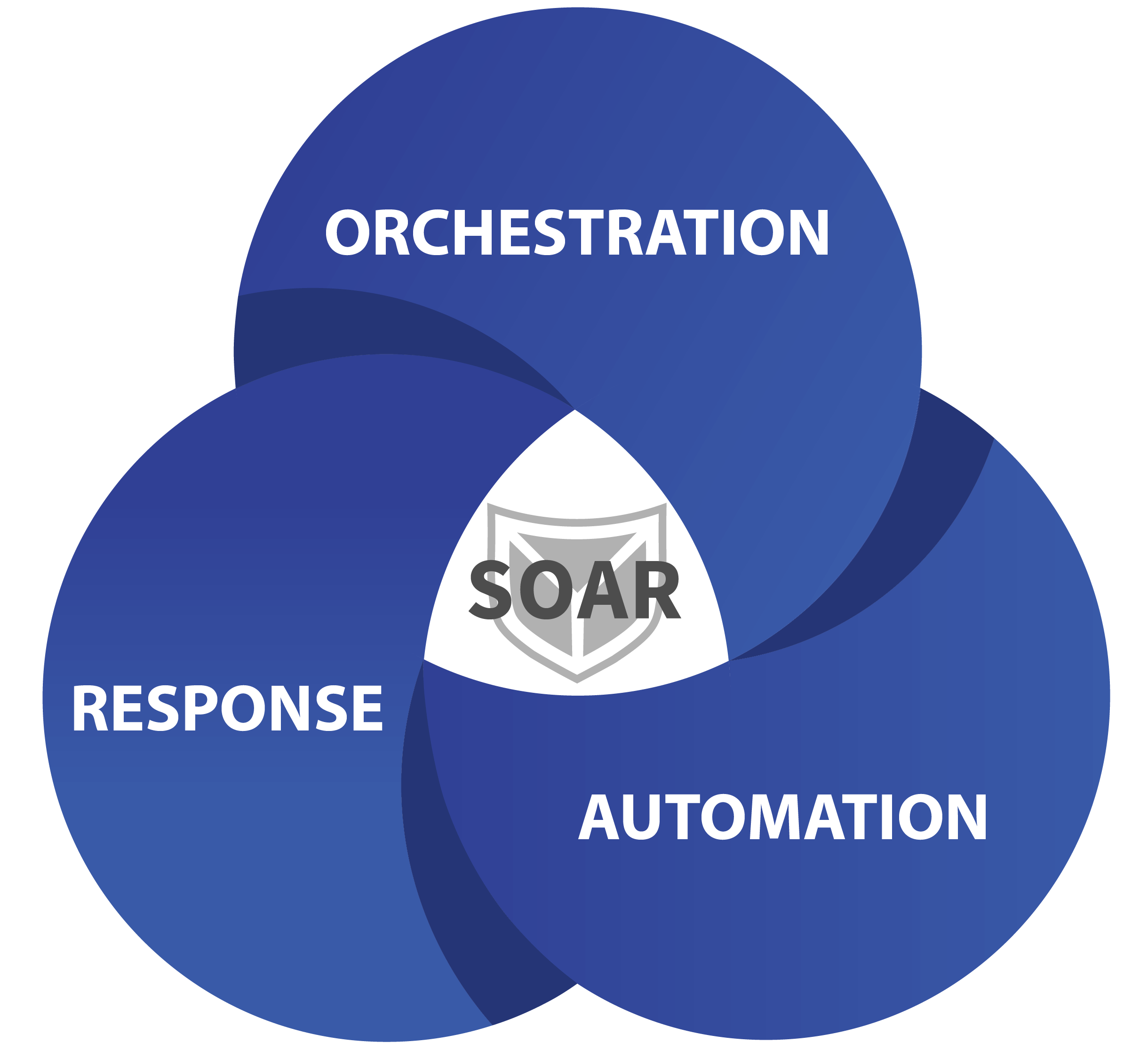Activision Blizzard Acquisition: FTC's Appeal And The Future Of Gaming

Table of Contents
The FTC's Arguments Against the Activision Blizzard Acquisition
The FTC's core argument centers on the potential for the Activision Blizzard acquisition to stifle competition and harm consumers. Their concerns are multifaceted and paint a picture of a less diverse and potentially more expensive gaming market.
-
Reduced Competition in the Console Gaming Market: The FTC argues that Microsoft's acquisition of Activision Blizzard, a major player in console gaming, would significantly reduce competition, especially in the first-party game market. This reduction in competition could lead to less innovation and higher prices for consumers.
-
Potential for Microsoft to Leverage Activision Blizzard to Harm Competitors: A significant worry is Microsoft using its newfound ownership of franchises like Call of Duty to disadvantage competitors, particularly Sony. The argument is that Microsoft could make these titles exclusive to its Xbox ecosystem or offer them on PlayStation only at a significantly higher price or with reduced features.
-
Concerns about Pricing and Availability of Activision Blizzard Game Titles: The FTC expressed concerns that Microsoft could use its market power to raise prices for Activision Blizzard games or make them less accessible to players on competing platforms.
-
Focus on the Impact on Subscription Services Like Game Pass: The FTC also examined how the acquisition could bolster Microsoft's Game Pass subscription service by making key Activision Blizzard titles exclusive, potentially harming other subscription services and making it more difficult for competitors to attract customers.
The FTC's case relies heavily on the potential for anti-competitive behavior, citing precedents in other merger cases to support its claims. The specific mention of Call of Duty, a hugely popular franchise, is a central point in their argument.
Microsoft's Defense of the Activision Blizzard Acquisition
Microsoft vehemently contests the FTC's claims, arguing that the acquisition will ultimately benefit the gaming industry and consumers. Their counterarguments focus on increased accessibility and innovation.
-
Arguments for the Pro-Competitive Benefits of the Merger: Microsoft argues that the acquisition will lead to greater competition by expanding the availability of Activision Blizzard games to a broader audience through Game Pass and other platforms.
-
Plans to Expand Game Availability Across Different Platforms: A key part of Microsoft's defense revolves around its commitment to maintain Call of Duty and other Activision Blizzard titles on PlayStation and other platforms. They've offered binding agreements to ensure this.
-
Promises to Maintain Fair Pricing Strategies: Microsoft insists that it will not use its market power to raise prices unfairly, maintaining a commitment to competitive pricing strategies.
-
Emphasis on Increased Innovation and Game Development: Microsoft claims the merger will fuel innovation by allowing Activision Blizzard access to more resources and technology, leading to better and more frequent game releases.
Microsoft has offered various concessions and remedies, including long-term agreements to keep Call of Duty available on PlayStation, to address the FTC’s concerns and demonstrate its commitment to fair competition.
The Implications of the FTC's Appeal for the Future of Gaming
The FTC's appeal holds significant implications for the gaming industry's future, regardless of the outcome. The decision will set a precedent for future mergers and acquisitions within the sector.
-
Potential for Increased Regulatory Scrutiny of Future Gaming Mergers and Acquisitions: This case could lead to a more stringent regulatory environment for future gaming industry mergers, requiring more extensive reviews and potentially more stringent conditions to be met.
-
Impact on the Development and Pricing of Major Gaming Titles: The outcome will influence how major gaming titles are developed and priced, affecting both publishers and consumers.
-
Influence on the Competitiveness of the Gaming Industry: The ruling will have a profound impact on the competitive landscape of the gaming industry, either enhancing or diminishing competition depending on the decision.
-
Long-Term Effect on Consumer Choice and Access to Games: Ultimately, the decision directly affects consumer choice and access to games, impacting the gaming experience for millions of players.
The impact extends to different stakeholders; developers might see changes in funding and opportunities, publishers will experience shifting market dynamics, and consumers will feel the consequences in terms of price, availability, and game variety.
The Role of Call of Duty in the Debate
Call of Duty sits at the heart of this legal battle. Its immense popularity and market dominance make it a crucial factor in the FTC's argument and Microsoft's defense.
-
Call of Duty's Market Share and Revenue: Call of Duty consistently ranks among the highest-grossing and most-played video games, commanding a significant share of the market.
-
Microsoft's Promises Regarding Call of Duty's Future Availability on Competing Platforms: Microsoft's pledges to keep Call of Duty on PlayStation are central to its defense, aiming to allay fears of anti-competitive behavior.
-
The FTC's Concerns about Exclusivity and Anti-Competitive Behavior: The FTC's primary concern centers on Microsoft's potential to leverage Call of Duty to stifle competition by making it exclusive or significantly less attractive on competing platforms.
Conclusion
The Activision Blizzard acquisition remains a highly contentious issue, with the FTC raising significant concerns about anti-competitive practices and Microsoft defending its actions as pro-competitive. The core of the dispute lies in the potential impact on competition, pricing, and consumer choice, particularly regarding the future of franchises like Call of Duty. The FTC's appeal will significantly shape the future of gaming mergers and acquisitions, influencing regulatory scrutiny and market dynamics for years to come. The long-term implications for the industry and consumers are substantial, highlighting the need to stay informed about this ongoing legal battle surrounding the Activision Blizzard acquisition and its potential impact on the future of gaming. Follow reputable news outlets for updates on this landmark case and further research the arguments from both sides to form your own informed opinion on the Microsoft Activision Blizzard merger.

Featured Posts
-
 Is This The Planet Star Wars Has Teased For Almost 50 Years
May 17, 2025
Is This The Planet Star Wars Has Teased For Almost 50 Years
May 17, 2025 -
 Ontario Online Casino Comparison Why Mirax Casino Is Number One
May 17, 2025
Ontario Online Casino Comparison Why Mirax Casino Is Number One
May 17, 2025 -
 Que Fue El Esquema Ponzi De Koriun Inversiones
May 17, 2025
Que Fue El Esquema Ponzi De Koriun Inversiones
May 17, 2025 -
 Fanatics Supporting The Boston Celtics Championship Pursuit
May 17, 2025
Fanatics Supporting The Boston Celtics Championship Pursuit
May 17, 2025 -
 Stock Market Winners Rockwell Automation Angi And Others Soar
May 17, 2025
Stock Market Winners Rockwell Automation Angi And Others Soar
May 17, 2025
